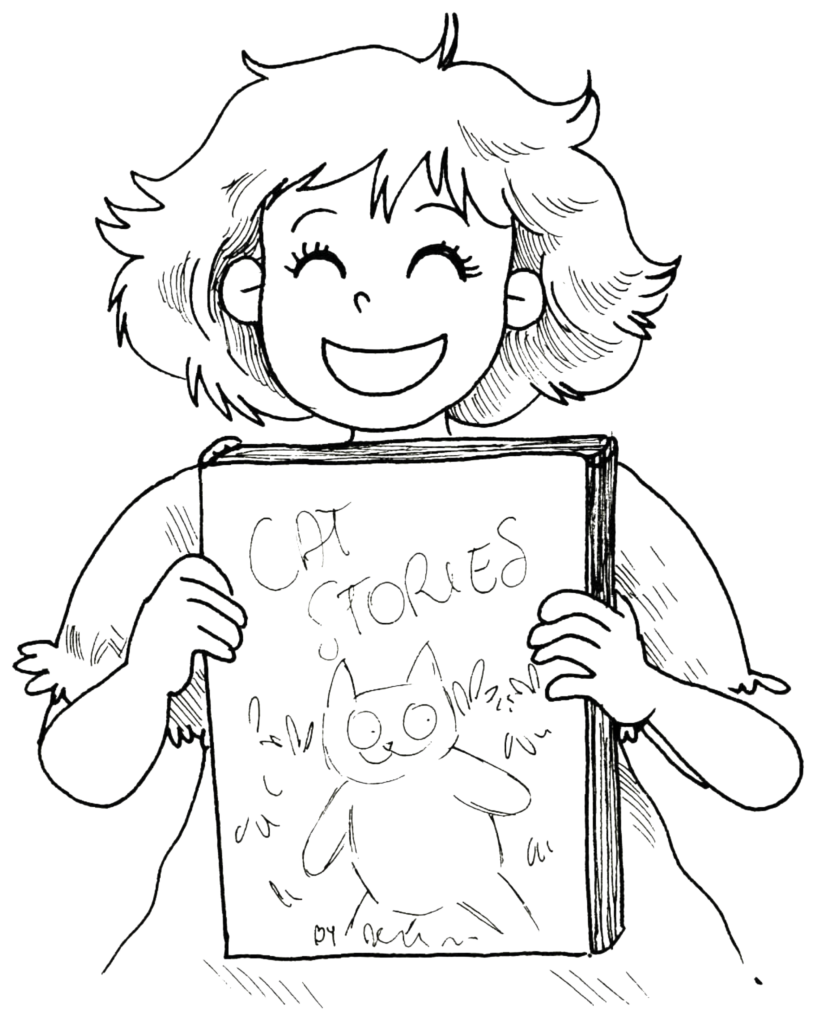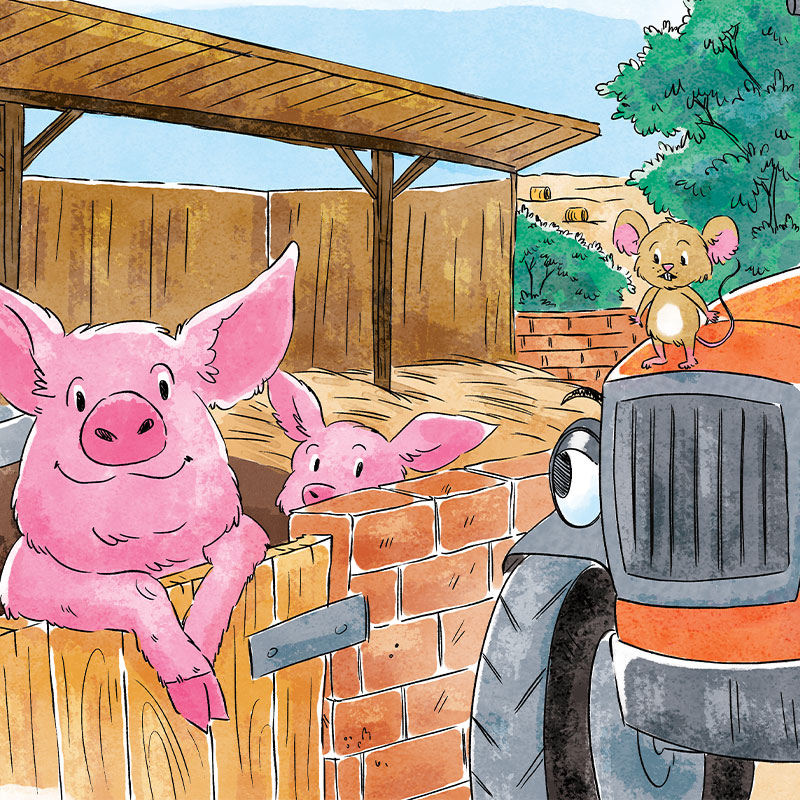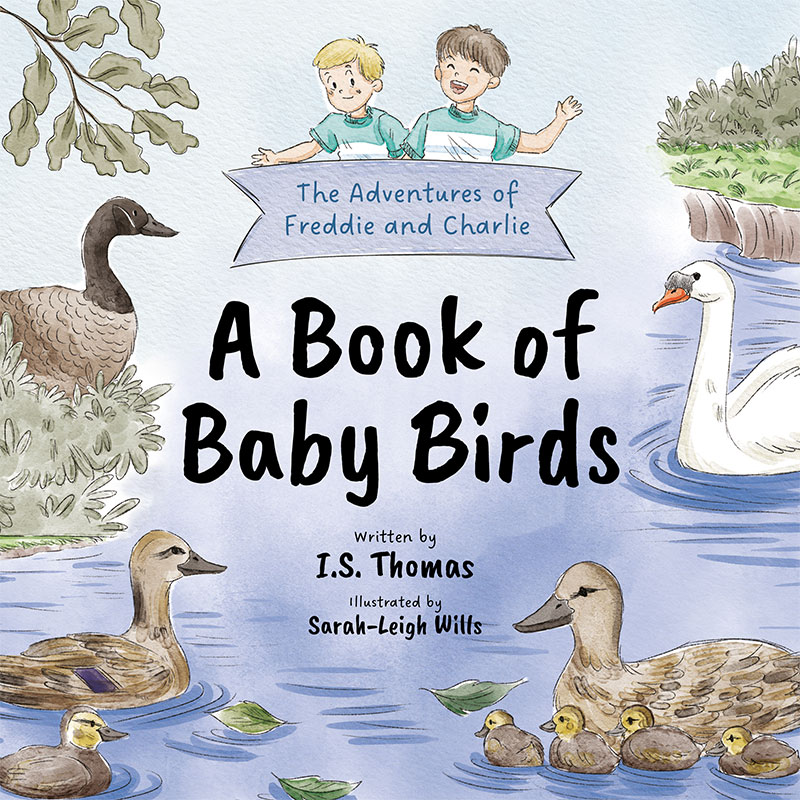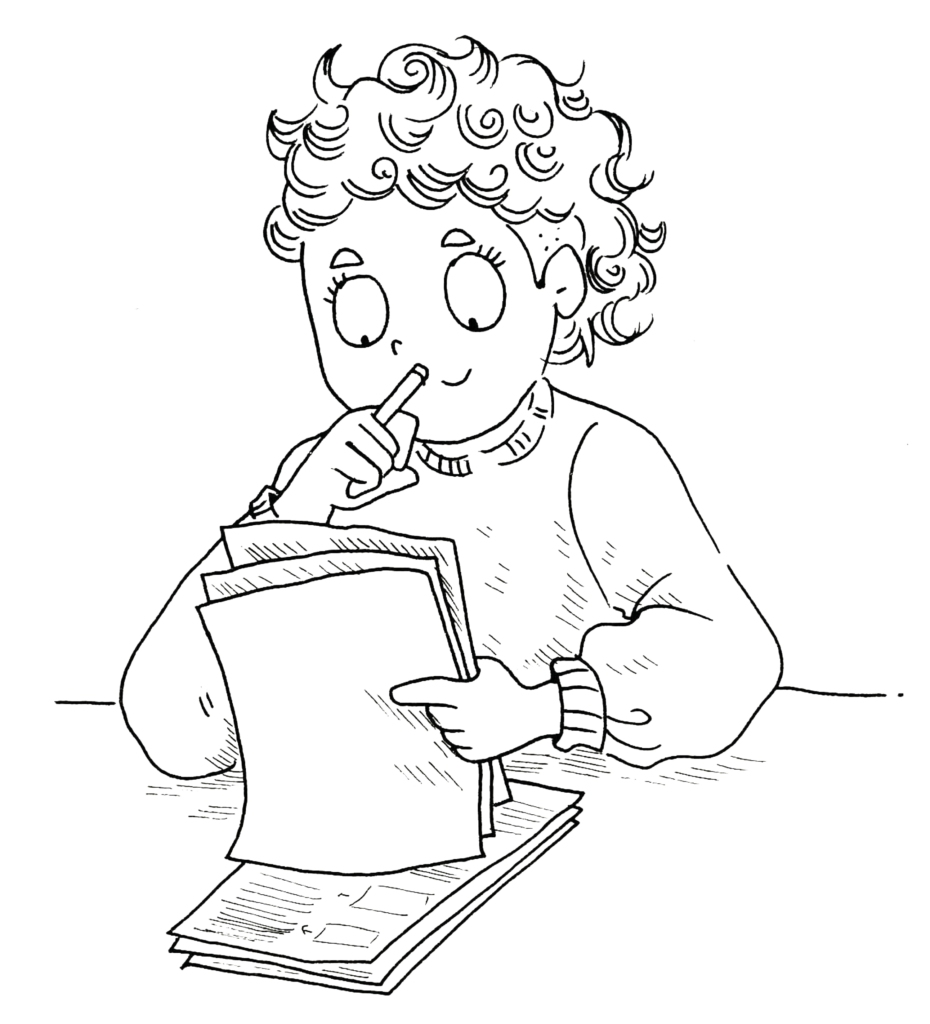
A few tips from Happydesigner proofreader, Nicola.
It’s a question a lot of writers ask: do I need a proofreader? What do they do?
Once you have written your masterpiece, and you finally type the magic words “THE END” at the bottom of the story, you may no doubt sit back and think, it’s done! I’ve finished! Well, by all means allow yourself a little victory dance. This is a fantastic moment and you should feel really proud of yourself. Finishing a book is a huge achievement, and you’ve done what many try to but don’t. However, once the victory lap of the office has been completed, what’s the next step? Well, the question to ask yourself is, “what do I want to do with my story?” If you are happy just to read and re-read it, then great. Go for it! However, if you want to try and make some kind of headway with it in terms of publishing then you need to start getting some thoughts together about what this means. We have already started putting together some blogs for you in this blog area to help navigate this rather bumpy path, but what is the immediate need? Not everyone will agree, but once you have had a chance to edit it a few times yourself (this is another blog in itself, but basically you need to make sure it’s shipshape in your mind. Nobody else can write the book for you, but it needs to be the best version of itself before you let it free) you can look at getting someone to proofread the story. Firstly, let’s look a little at editing your story yourself.
How do I edit my own work?
The important thing to remember when editing your own work is that it will never, ever be perfect. Certainly not in your eyes! But it will also probably still need to be looked over by professional eyes at some point to make sure it’s ready for printing. Now, the bit you can do requires two things. You need to have an open mind. It’s quite difficult to impress how important this is. There’s nothing worse than someone coming to a proofreader and then completely ignoring all the points and changes that they give you. A proofreader has been trained in their work; in the same way you wouldn’t tell a painter how to paint a room in your house, or the chimney sweep how to clean your chimney (and if you do, you’d better be the one working with them on the job!) you have to trust that a proofreader knows what they are doing. When I proofread people’s work I like to point out spelling, grammar and punctuation, but also like to add tips on the story and editing of the style. The second thing you need to do is to be brutal with your own work. Does a sentence read as a bit faffy? Bin it. Is it adding nothing to the story? Bin it! Here’s a bit of a made-up story below:
“Tom decided it was time to go to the shops. He had run out of juice again, after his children had visited, and he was desperate for an ice lolly, as well as some bread. What a day! He had done so much already, he had walked the dogs, he had made a lovely big breakfast and he had drunk three cups of coffee.”
This kind of writing not only takes up a huge amount of space and word count, it’s absolutely unutterably boring. It’s grammatically correct and the spelling is fine, but it needs some heavy editing:
“After a busy morning of walking the dogs and a cooked breakfast, Tom realised he was out of juice. His kids had been with him that weekend, so he had to stock up on other essentials too. It was a hot day, so the lure of an ice cream sent him to the car to head to the supermarket.”
It’s snappier, less boring and more economic. There’s probably more than could be stripped out, because not all of this is relevant. Are the dogs part of the story? Do they serve a purpose? If not, strip that bit out. Do we care if he’s had a cooked breakfast? Probably not. Let’s say the story is about a divorced dad who only gets to see his kids occasionally, and that’s the main conflict in the story:
“Tom nipped to the supermarket after dropping the kids off with their mum. They’d hoovered through all his food this time; even the dogs were out. Tom rewarded himself with an ice lolly too, as the day had turned hot.”
This lets the reader know about the divorce, the fact he has dogs for company and what the weather is like without all the preamble or dullness, or unnecessary facts. So you can edit your own work like this, but you do need to keep in mind: be open minded. Be brutal! Nobody else will know your story like you, which can be a blessing and a curse. You may find you are too precious with it, and that every part of it needs saving. After all, you crafted every word carefully. But this stage is vital, especially if you are looking to publish your work. A great place to start is to read other people’s books, especially if you have a publisher in mind. That way you’ll see what kind of styles they publish, and if they have a preferred editing method. One thing to remember is that if your work gets accepted for publishing, their in-house editor will work on the book for you. But you want it to look as professional as possible, as well as be the best version of the story or book that it can be, before it gets there. You’re more likely to grab a publishers’ attention with a book that reads well. Which leads us onto…
Is It Worth Paying a Proofreader?
So, if your book is picked up by a publisher they will usually have editors that they can use to sort out any kinks in your book. However, if you approach them with a book that requires little work, they’ll be much happier! Every minute worked on your book is money for them, and time they could have used to market or publish your book. Here at Happydesigner, the editing is also in-house. This is a bonus in many ways, not least because you don’t need to search for an editor!
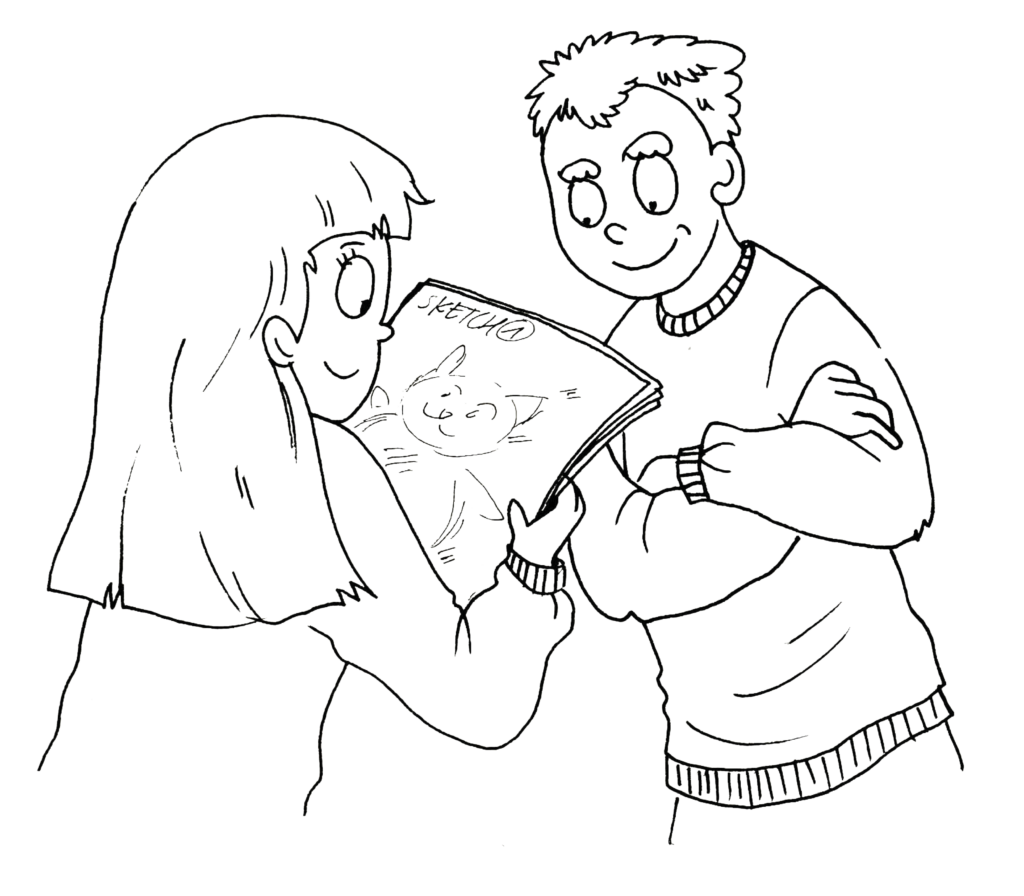
But what if you want to self-publish? If you want to release it on one of the many self-publishing platforms you will want to make sure it has been properly edited and checked. This is when you’ll absolutely want an independent editor and proofreader (these are different, an editor will generally be more likely to suggest changes and make editorial decisions as well as proofreading, whereas a proofreader will check spelling, punctuation and grammar, for the most part).
Most people can check spelling, punctuation and grammar, especially with the help of something like Word. Those red squiggly lines are pretty unequivocal! But as we all know, it’s not the be-all and end-all. Sometimes even these aren’t accurate. For example, “she herd a noise” and “she heard a noise” are both correct on Word, but the first is incorrect. An external editor/proofreader will be able to pick up on these inconsistencies and help you to correct them.
One thing we see quite a lot here at Happydesigner is when people say their work has been proofread, and we later find out it was by a well-meaning friend or relative. With the best will in the world, unless that person is a proofreader or similar, it’s unlikely to have been checked to a professional standard. At the end of the day, it’s your work and you will be the one to enjoy it at the end of the process. But if you want the work to be the best it can be, bringing in a proofreader and/or editor (or if you’re working with us, working with our in-house team) is the best thing you can do to make your book the best, and something to be proud of! Remember: stay open-minded and be brutal with chopping out guff!
